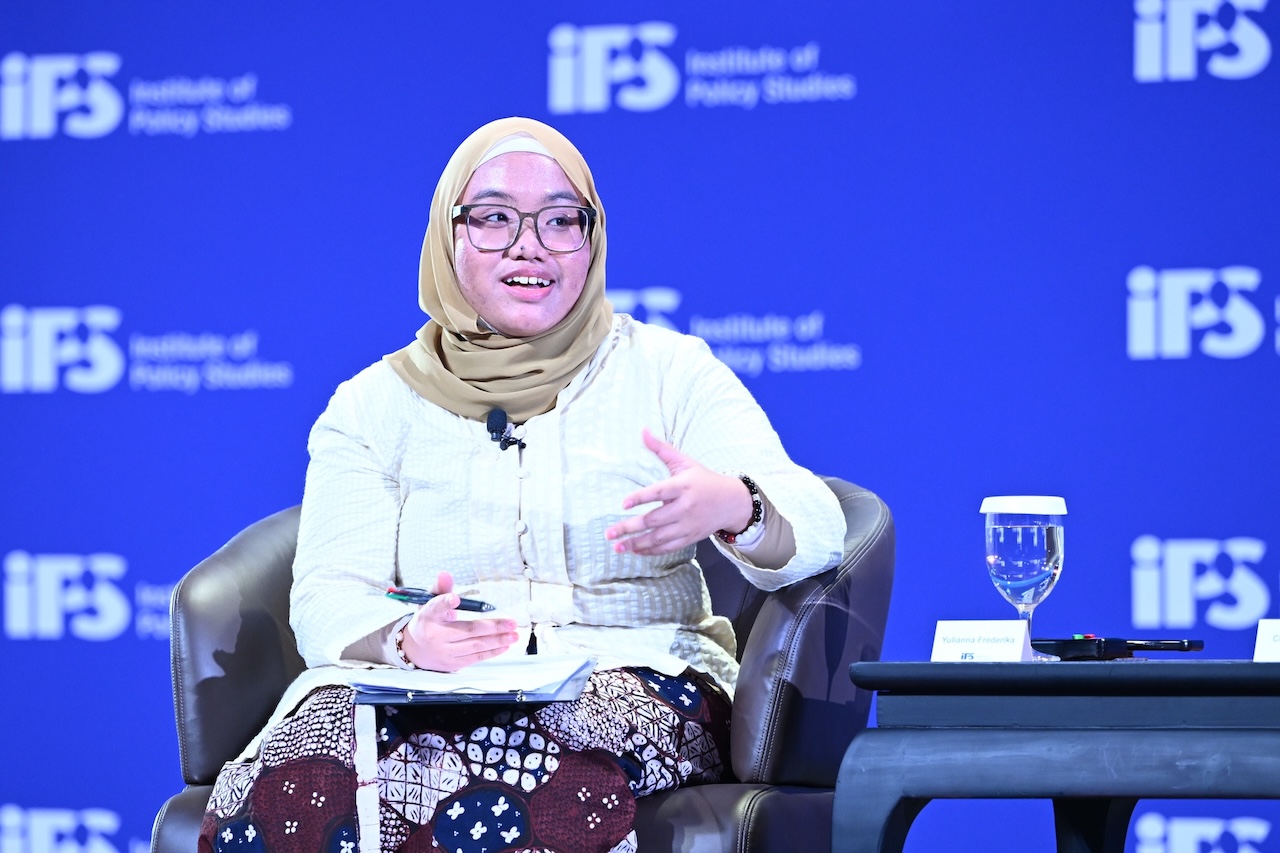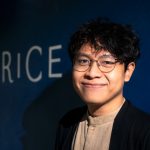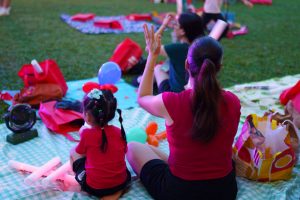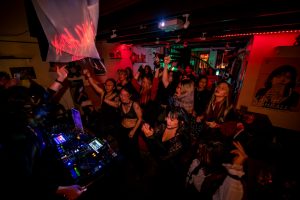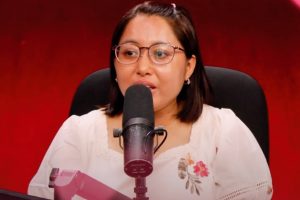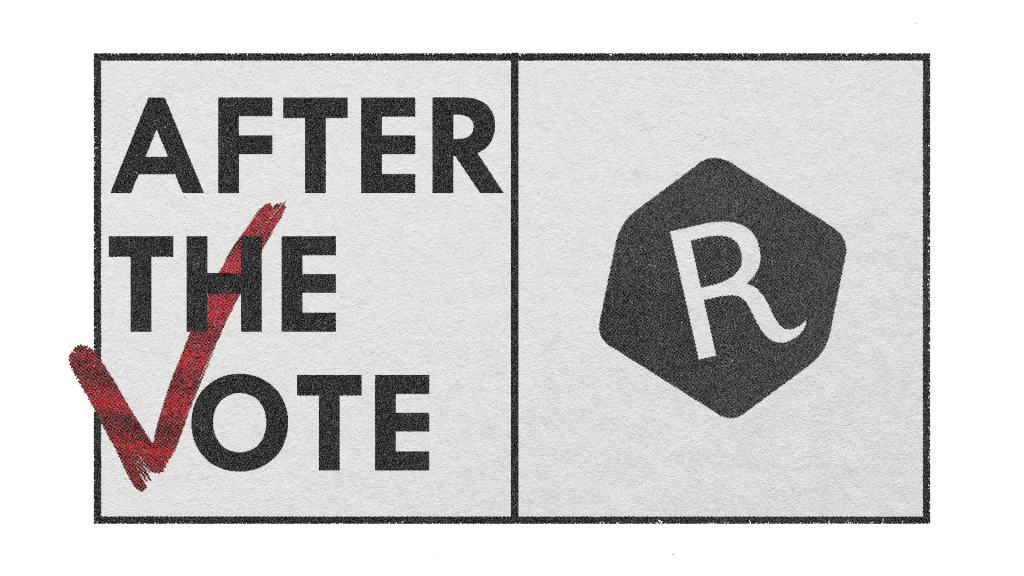
‘After the Vote‘ is a RICE Media series where Singaporeans from all walks of life share their hopes for Singapore—the changes they envision, the values they want to uphold, and the future they want to help shape.
For GE2025, we take a step back from the antics and theatrics to explore the bigger picture: What kind of Singapore are we building beyond this election? Through these conversations, we uncover the aspirations and concerns shaping the nation over the next five years and beyond.
The views in ‘After the Vote’ are those of the interviewees and based on their experiences; they do not reflect the publication’s stance.
All images courtesy of Yulianna Frederika
Yulianna Frederika needs no introduction. As RICE’s former Social Media Manager, she didn’t just run our socials—she rebuilt them from the ground up, giving our stories a sharper voice and a visual identity that was unmistakably hers.
But of course, Yuli’s world is far bigger than social media best practices. She’s the co-founder of Lepak Conversations, the ground-up platform pushing vital conversations about Malay/Muslim issues into the mainstream through research, advocacy, and dialogue. She’s also part of the team behind the Palestinian Scholarship Initiative, a local grassroots movement working to fund the education of Palestinian students in Singapore—an effort that’s drawn support from PM Lawrence Wong.
ADVERTISEMENT
On top of all that, her insights on youth, culture, and activism have been sought after by the Institute of Policy Studies, the National Youth Council, and many other dialogues of national importance. She’s done all this at 27, armed with a relentless optimism, a chipper laugh, and a care for her community that refuses to run dry.
With less than a week to Polling Day, Yuli recently turned her attention to Tampines, her beloved GRC that’s now caught in a rare four-corner fight. And she’s had strong words about the way conversations around Tampines have been boxed, pushing back against the habit of compartmentalising complex issues into matters of race.
For GE2025, RICE is taking a longer-term view towards the Singapore we’re collectively building. And Yuli has plenty to say about a Singapore that stays rooted in culture, community, and a deeper understanding of who we are.
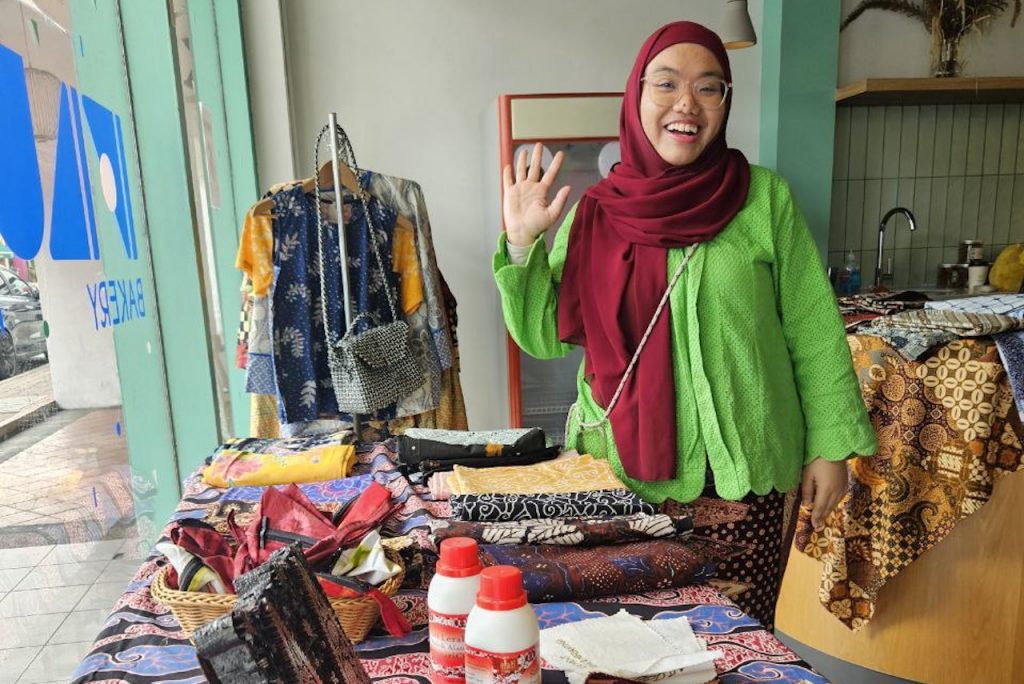
What is one change you hope to see in Singapore by 2030 that would make life meaningfully better for people like you?
I hope for Singapore to be a society that goes beyond harmony—a Singapore that truly practises inclusivity and allyship. This means that even if they don’t belong to a community, it becomes second nature to care about the community or an individual from it.
For minority communities like the Malay/Muslim community, this means that our problems won’t be pigeonholed as a ‘Malay/Muslim issue’, where the community is expected to help itself when it has limited resources in the first place—by the sheer nature of its smaller population numbers, but also because of historic and systemic factors that limit our social capital.
Practising inclusivity and allyship means that people from other communities care about our struggles and support us with them.
I’ve seen clear examples of this at Lepak Conversations’ events. At an event related to Malay/Muslim Mutual Benefit Organisations (MMBOs), I saw a non-Malay/Muslim attendee approach the elderly members of an MMBO and ask how he could help. He suggested fresh ideas and even offered a pool of volunteers to support them. For the MMBO that has long been suffering from dwindling membership and volunteer renewal, this support was a breath of fresh air.
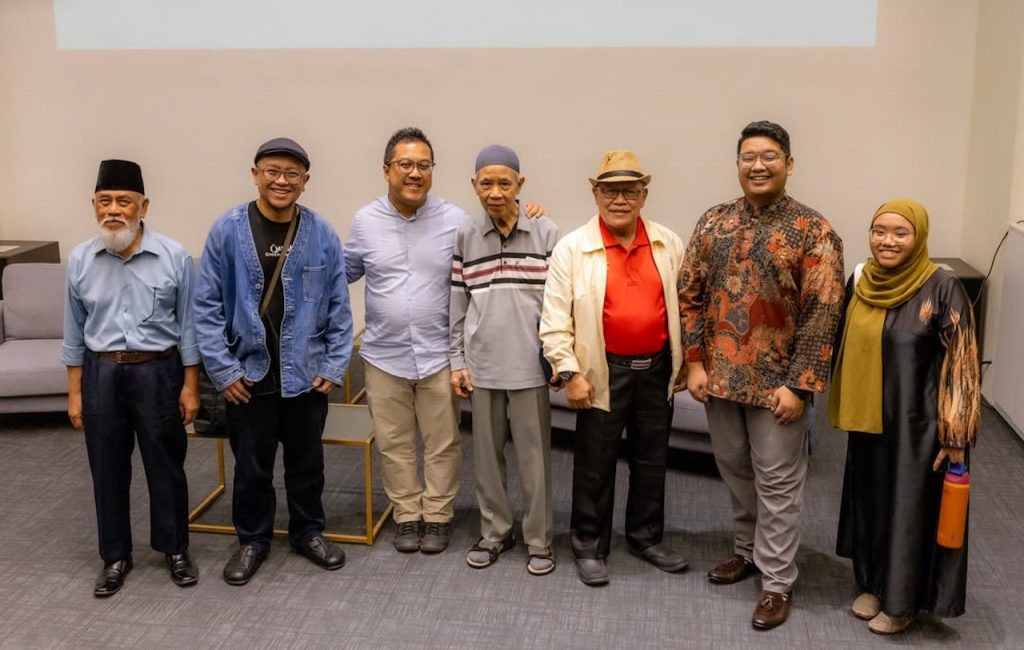
Our identities are becoming more layered, so I wouldn’t want to limit inclusivity and allyship to ethnicity alone. To me, inclusivity and allyship also look like standing up for a non-verbal autistic adult who is being berated by an elderly person who doesn’t understand their condition. It could also be as small but significant as signing ‘thank you’ to a deaf barista.
ADVERTISEMENT
This is important because Singapore has been heading towards becoming an individualistic society, one where we close our doors to neighbours and don’t help a stranger in need.
As the world becomes more disruptive and fragmented, Singapore needs to build stronger ties so that in times of ease, we can build a strong sense of community and belonging. And when times of difficulty arrive, it becomes natural to stand up and support one another. In a time where the inequality gap is widening, this is the kind of generosity that Singapore needs, especially to help those who fall through the cracks.
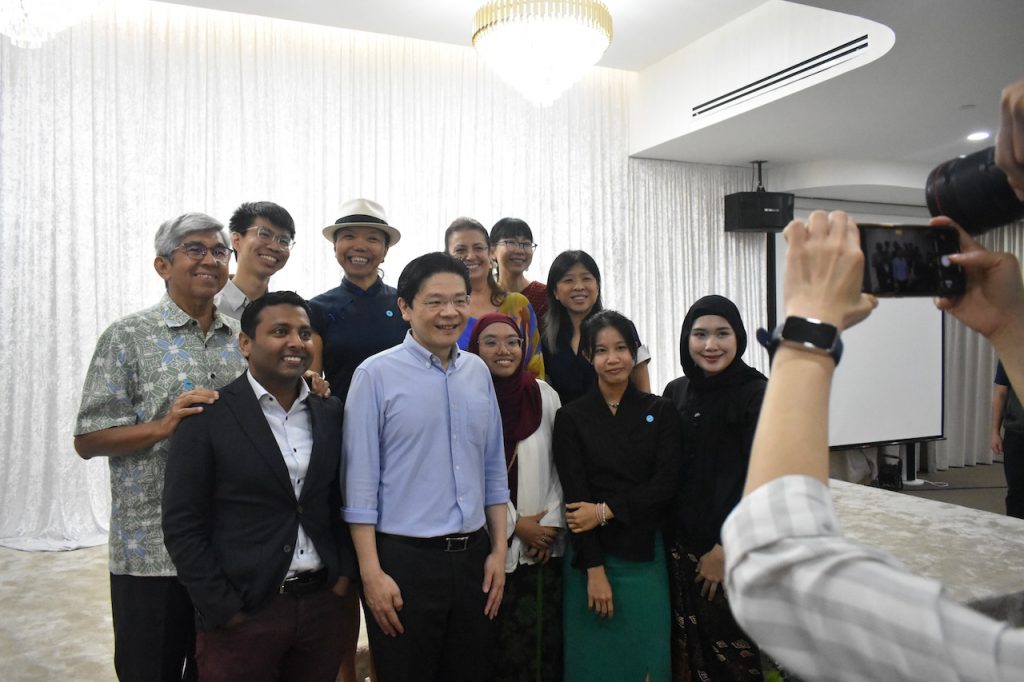
What’s a challenge Singapore must overcome in the next six years to stay a place where people want to live and thrive?
To be able to talk honestly and critically about complexities. The world will only become more turbulent and complex—AI deep fakes and Trump’s tariffs are only the start of it.
If we’re not honest about how we’re tackling complexities, tensions will build and society becomes more unstable. The worst outcome would be that Singaporeans leave and choose to live in another country.
We see how this has played out with the Israel-Palestine issue in the past two years. With stringent restrictions on how the issue can be discussed, tensions escalated when the MOE released an unsatisfactory presentation about the issue to students, and we saw a rise in police reports on peaceful initiatives like kite flying or group cycling.
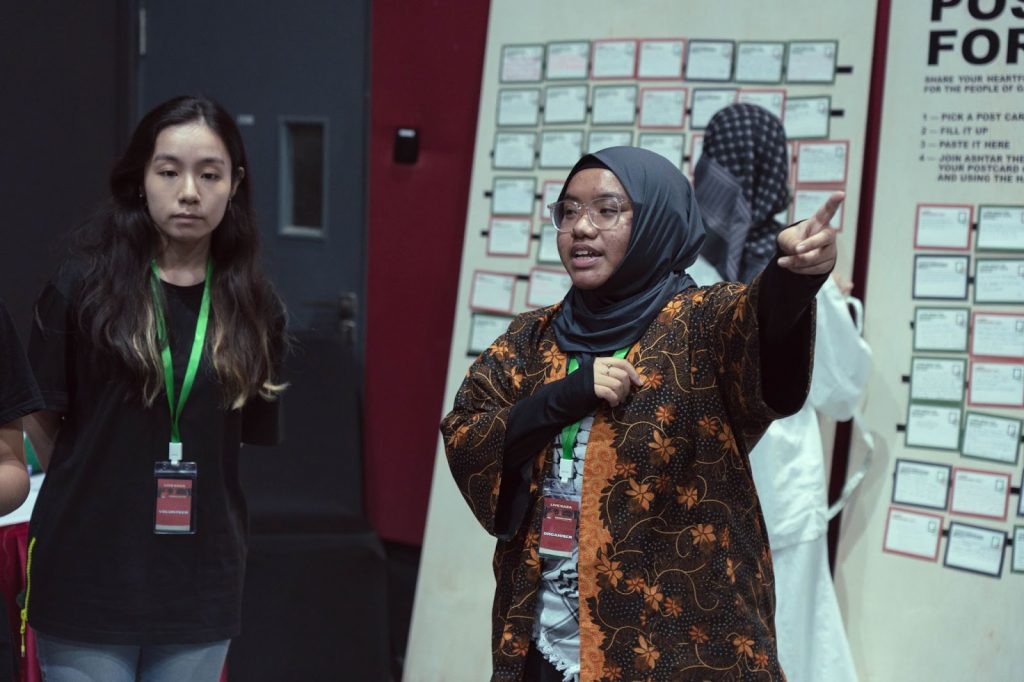
I certainly do not want Singapore to become a society where we all police one another because we fear having and dismantling hard conversations.
To quote Professor Walid Jumblatt Abdullah in his book, Why Palestine?, I agree that “a country that is able to articulate its moral vision will be loved by its citizens and admired by others”.
ADVERTISEMENT
We therefore must be steadfast in our morals as more disruptions arrive on our shores.
If you could introduce a new national priority for Singapore, what would it be, and why?
Degrowth.
Degrowth is a political and economic theory that emphasises changing the priorities of society from economic growth and production to sustainability, well-being, environmental concern, and cooperation. The motives for pursuing degrowth include the need for long-term environmental sustainability and improving quality of life.
Singapore’s status as a thriving metropolis today can be attributed to its ‘growth at all costs’ approach. But we’re starting to see the consequences of this approach.
Many Singaporeans are feeling the brunt of being in the rat race. Mental health issues are on the rise, birth rates are falling due to rising costs of living and a shift in focus to career growth, and moving overseas has become commonplace.
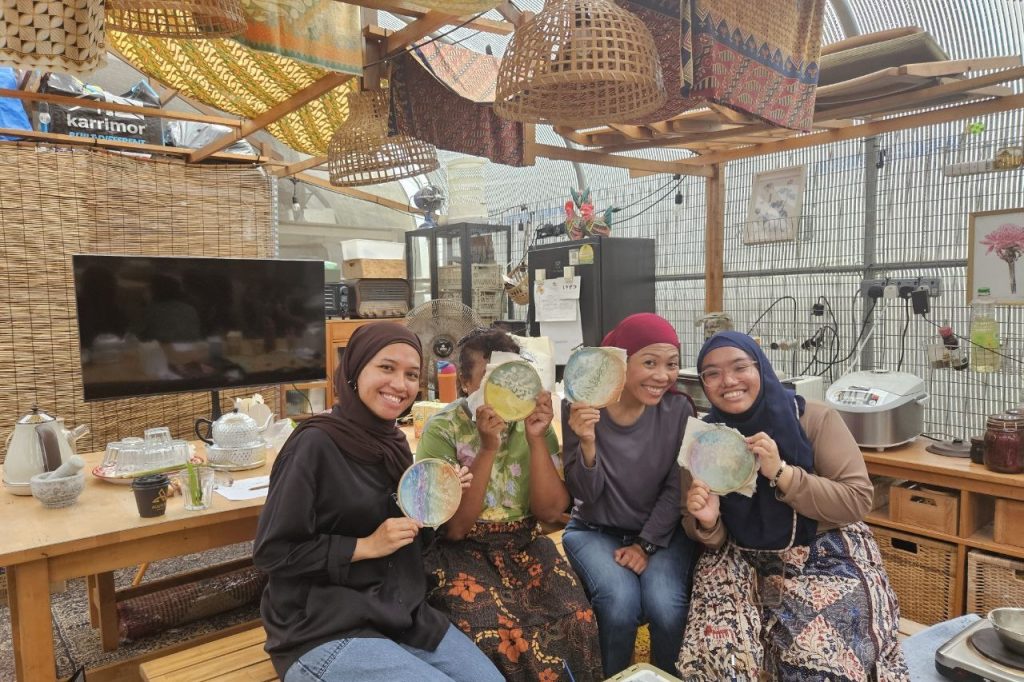
This high pressure trickles down to even our youngest—for the fifth consecutive year, suicide has persisted as the leading cause of death amongst youths aged 10 to 29, according to the Samaritans of Singapore.
For the Malay/Muslim community, the constant pressure to succeed and catch up with other communities in terms of graduate numbers and income has become a point of frustration. A hyperfocus on data and economic progress, without addressing historic and systemic inequalities that lead to difficulties in pursuing higher education and better job opportunities, puts extra stress on the community.
For anyone who fails to meet the expectations of success, which is often tied to economic success today, they fall behind and are seen as outliers. An unhappy and unhealthy society does not make for a resilient society.
We’ve seen degrowth happen during Covid. When people and economies slowed down, WFH became a norm, adults found regenerative hobbies, and nature flourished. Alternative pathways, such as young professionals running home-based businesses, became more common.
What has also helped in recent times, especially with greater global exposure and understanding of social issues, is the spirit of equity. One where those who are vulnerable or disadvantaged are given more resources for an even playing field. This looks like greater acceptance of neurodivergent individuals, of supporting mums returning to work, and youths from low-income families getting better and more dignified opportunities.
ADVERTISEMENT
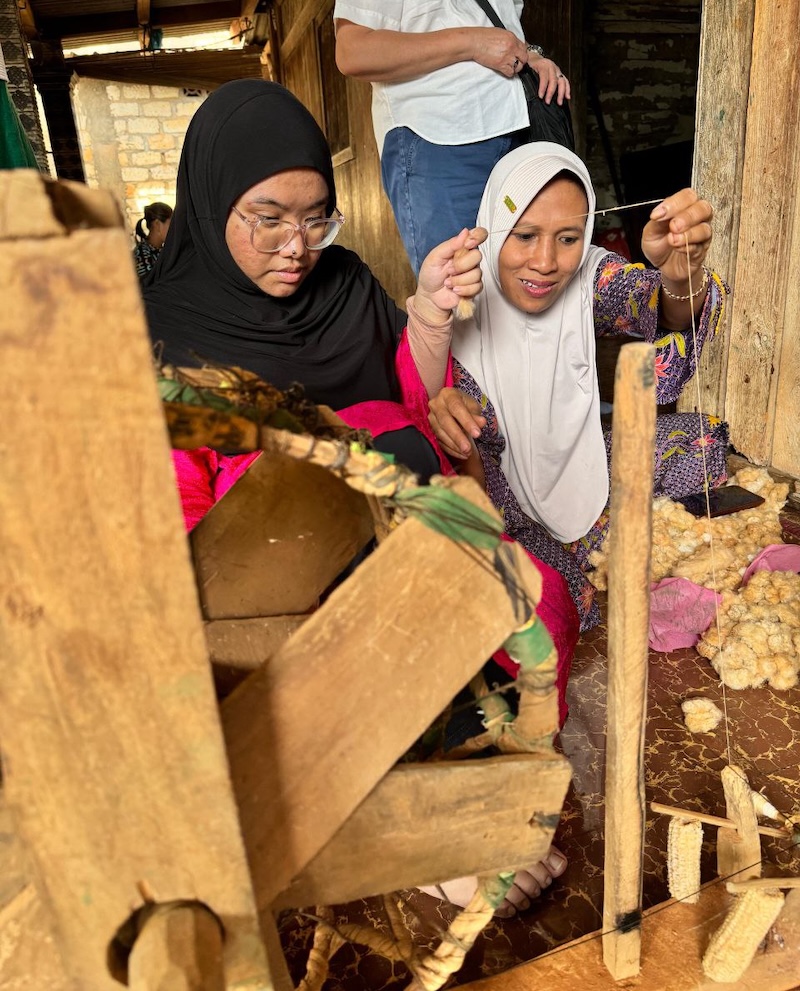
Degrowth supports this positive trend by focusing on equitable and sustainable living, highlighting the importance of local actions, communal living, care work, genuine democracy, and cooperation-focused economies.
This does not mean we strive to make less money, but we aim for fairness and justice by transforming how we handle money, business, and making things.
Degrowth envisions a world where communities are organised around values of care, sharing, simplicity, and conviviality (enjoying life together), so we can have a better quality of life.
What small shift—policy or mindset—could make a big difference in the daily lives of your community?
To focus on upholding tradition and culture.
Again, Singapore’s focus on ‘growth at all costs’ meant the hyperfocus on English as a first language led to a degradation of our mother tongues. A focus on STEM has led to the deprioritisation of the humanities and the arts, as well as the loss of many traditional practices. Those are among the many ways it has affected our cultural identity and norms.
A small shift could mean celebrating cultural festivities more mindfully, with a focus on upholding traditions and values—or giving them a more modern twist, if you wish. It could mean being more intentional in watching shows in your mother tongue so your children can practise speaking it at home.
This is especially important to the Malay/Muslim community, as many of our values are shaped by culture and tradition. The concept of adab (loosely translated to manners), for example, means that we respect elders, criticise privately instead of openly, and are tactful in our speech.
In a world that is ever-evolving, being grounded in one’s roots has become more important than ever before, lest we become people without morals, easily swayed by the wind of change.
In the words of my friend and advocate of the Orang Pulau, Syazwan Majid: “Remember your roots; for a tree that grows no matter how tall will come tumbling down if you don’t take care of it”.
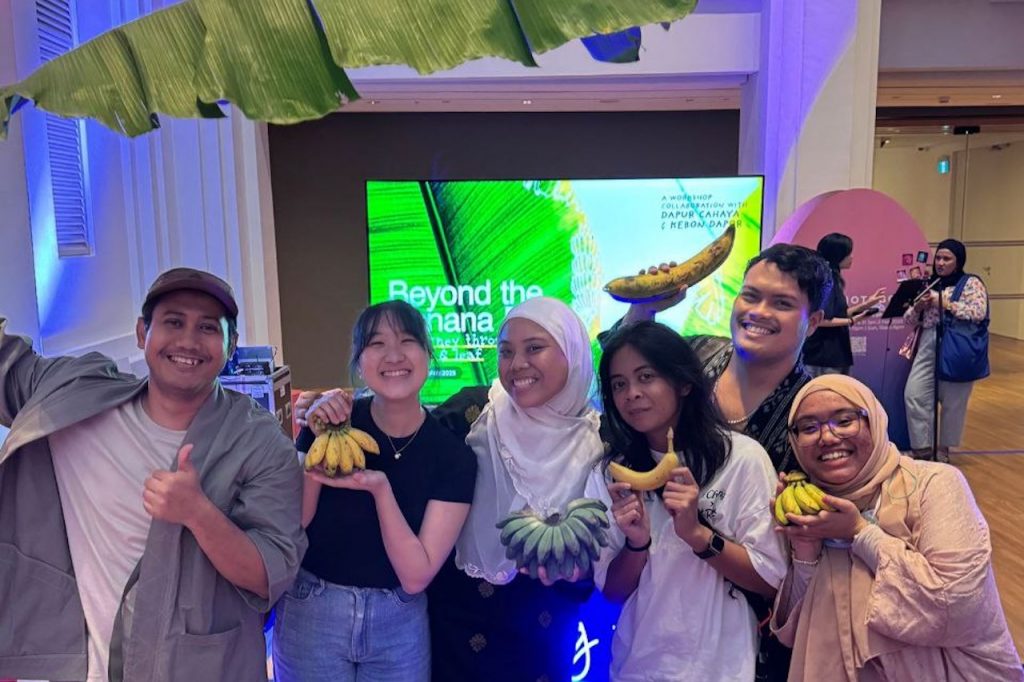
Singapore moves fast. What’s one thing we need to slow down for?
We need to slow down to build communities, because building communities takes time and effort, but offers deep and lasting rewards.
We still hear mentions of gotong royong (community spirit) now and then, especially from political leaders. This usually refers to the spirit of helping one another, often through donation drives or grassroots initiatives.
We also see support often in the form of formal structures like RCs and CCs. But we need more than formal structures to support one another. The formalisation of gotong royong means there’s an allocated time and place for help. But what if we’re all running on 10 percent? Do we stop helping one another?
The spirit of gotong royong means that we give, even when we only have 10 percent. We give half of what we have, even when we only have 10 percent, because we care about each other and don’t want to see the other suffer.
We see that among rental flat residents who offer groceries to others in need, even when they’re in need themselves, because they know what it’s like to be in tough circumstances.
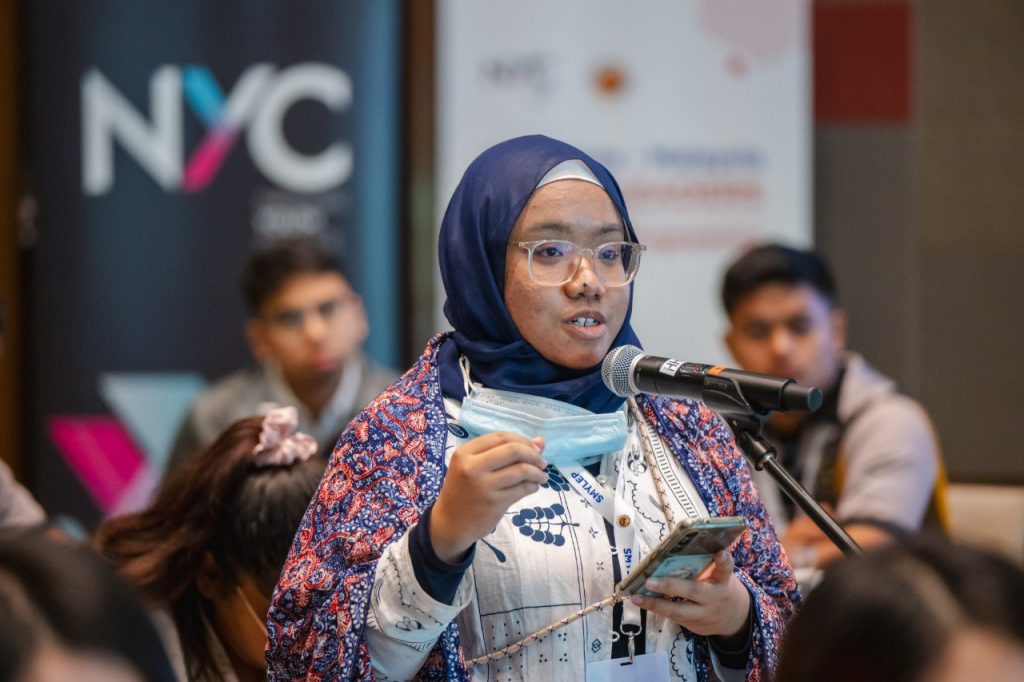
At the same time, gotong royong means that those with 210 percent are inclined to distribute their resources instead of keeping them to themselves out of self-preservation or greed.
In a time where the inequality gap is widening, this is the kind of generosity that Singapore needs, especially to help those who fall through the cracks.
What’s one thing about Singapore you’d want to protect for the future?
Our rich local history, especially the pre-colonial one.
It is only through the advocacy of young descendants of Orang Pulau and Orang Laut, such as Syazwan Majid of Wan’s Ubin Journal and Firdaus Sani of Orang Laut SG, respectively, that I learned Singapore is made up of 64 islands, each formerly with its own unique population and way of life.
It’s through informal exchanges with more learned friends that I learned how Kampong Gelam was the centre for printing presses in the region, and how in May 1948, the Chief Kadi of the Sultan Mosque gathered 1,000 Muslims at the mosque to raise funds to support Palestinians, four days after the Nakba.
Again, these stories are important to understand and appreciate that common folks had long shaped Singapore before the British even came to colonise Singapore. It teaches us the resourcefulness and steadfastness of those who came before us, traits that we need more than ever before in an increasingly turbulent world.
This history will be lost to time as more elders pass on. Only a concerted effort to preserve these stories will allow them to live on.
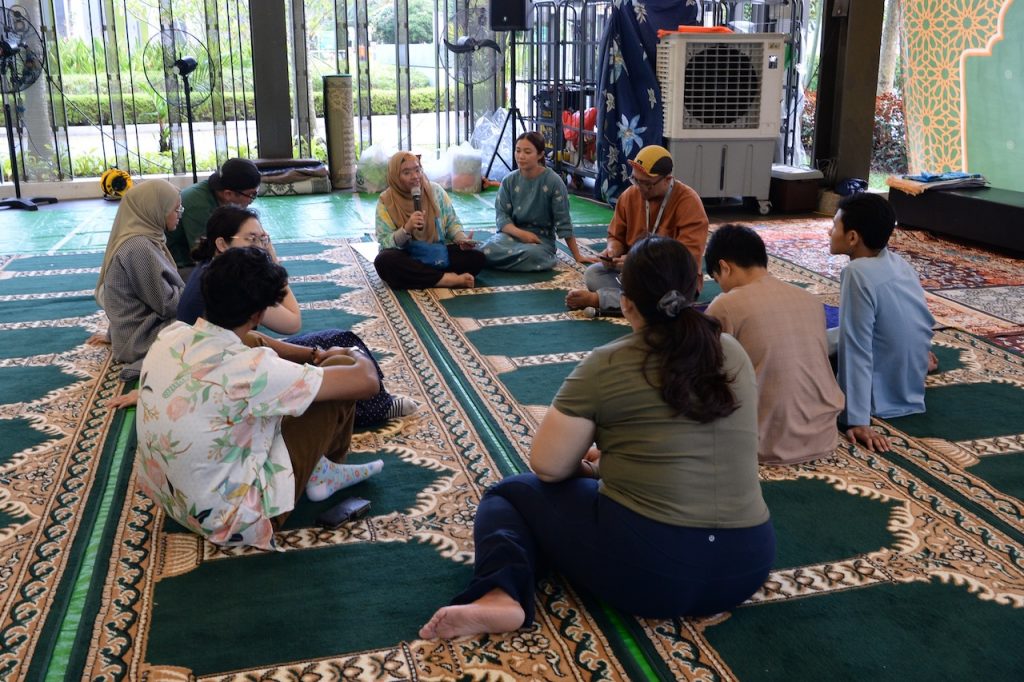
In 2030, what kind of Singapore would you be proud to call home?
I’d be proud to call an inclusive Singapore home. One where being different is actually celebrated. Because true inclusivity means we embrace our differences, not tolerate them.
This is a Singapore where no one gets left behind or shamed for being different. Where tudung-wearing women don’t fear missing job opportunities, where an ITE student can aspire to be a university graduate, where a man will readily take on the role of a househusband to help manage the household, where one can be both a pole dancer and a corporate lawyer.

